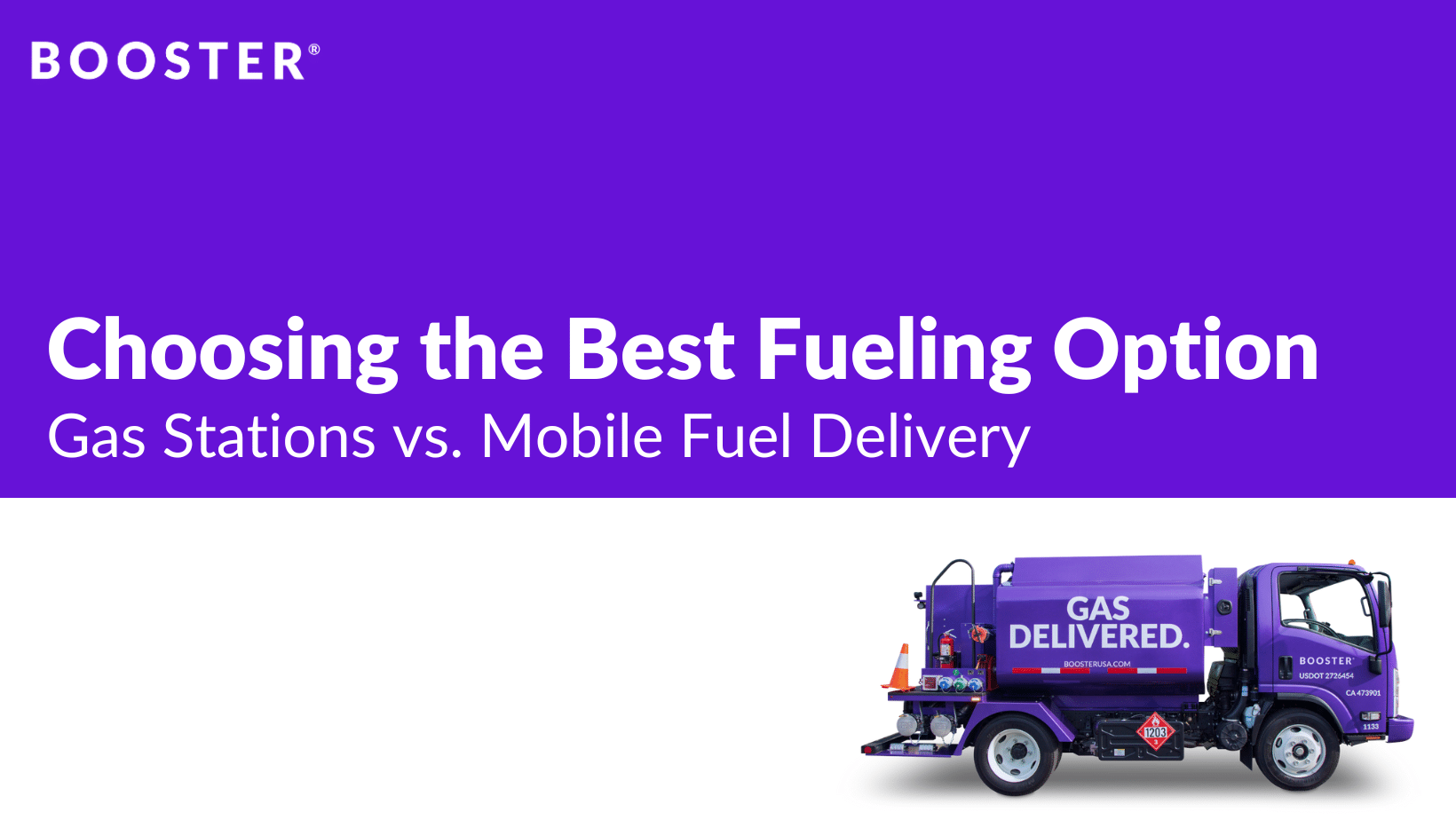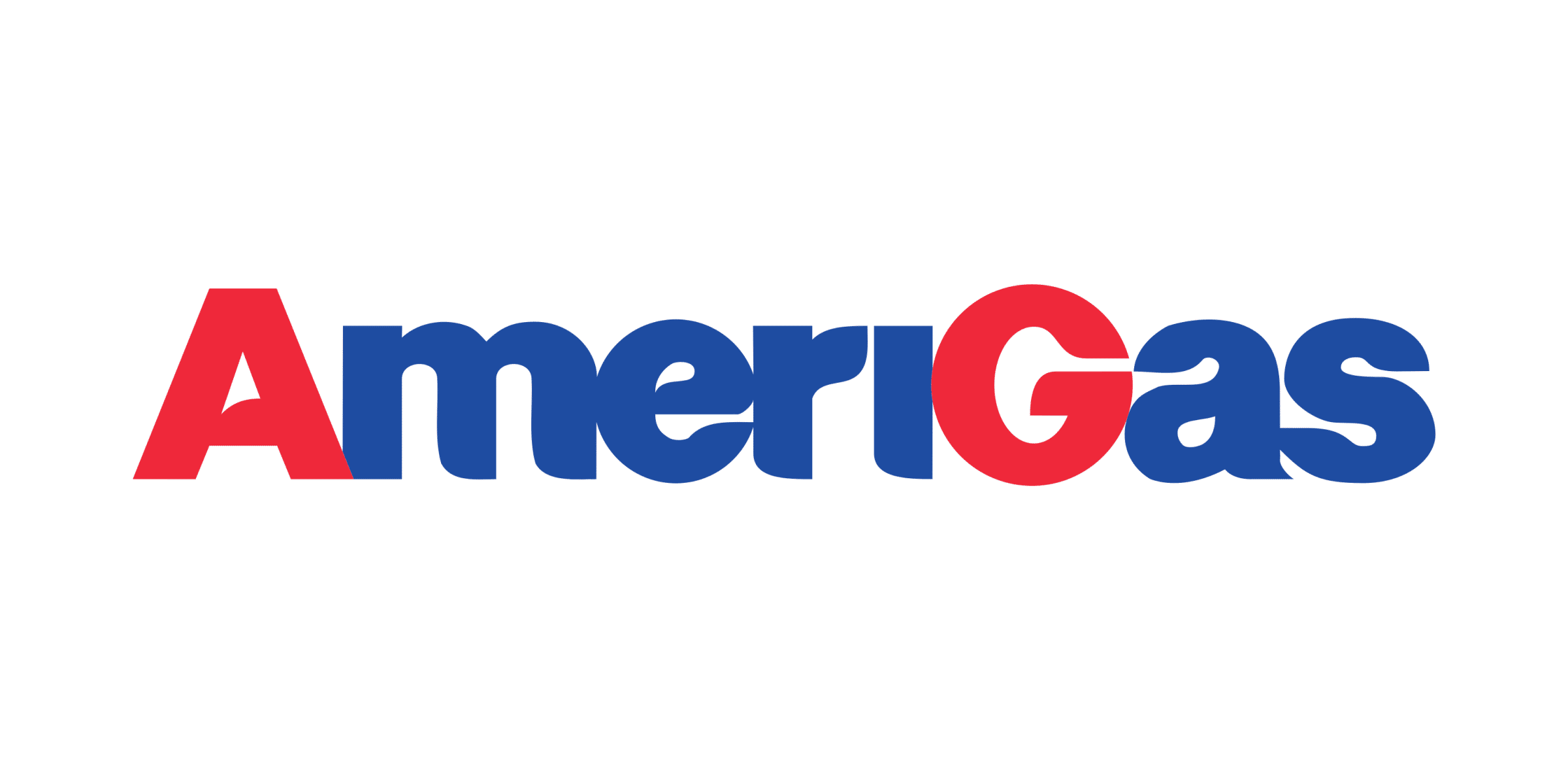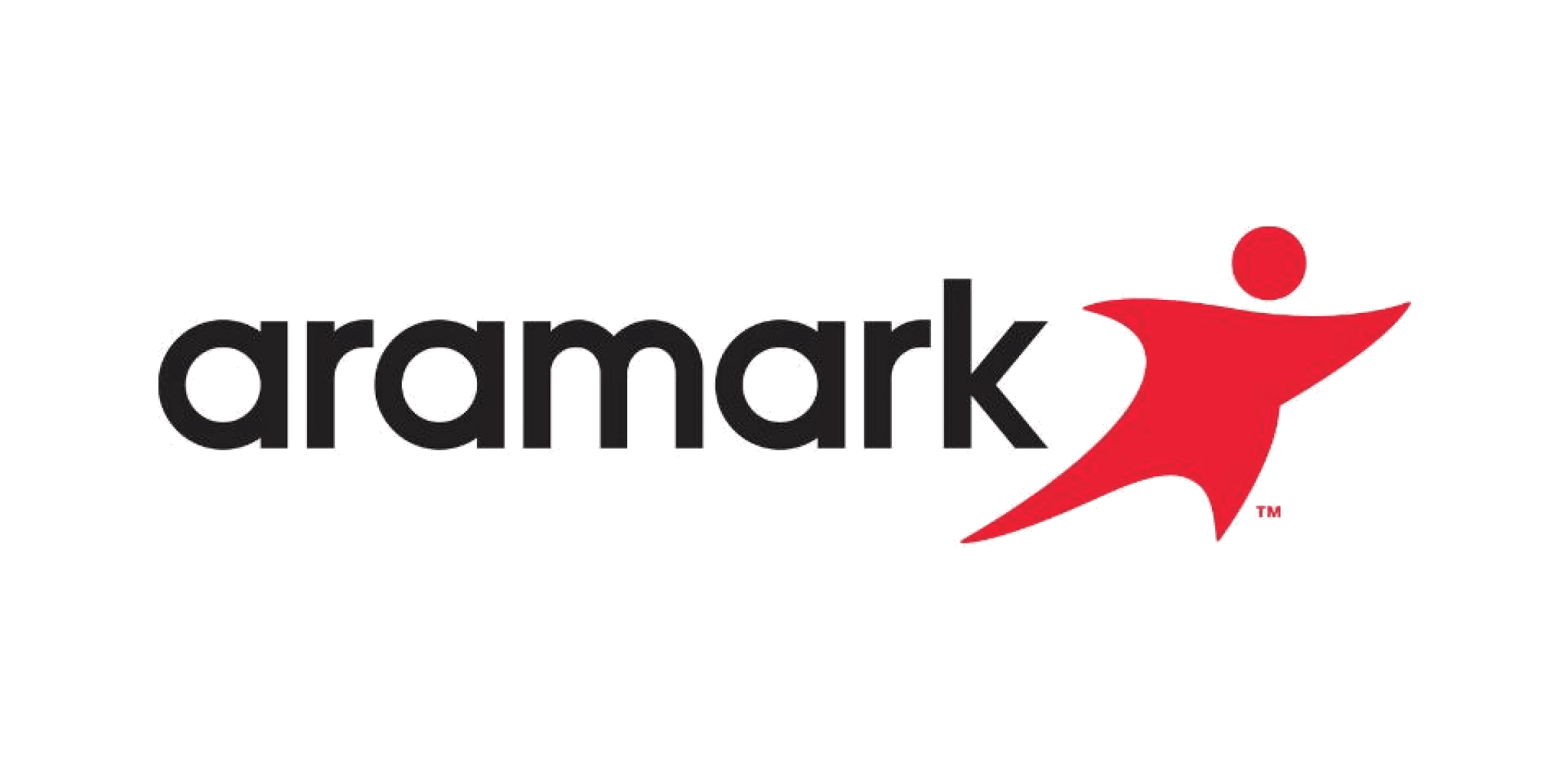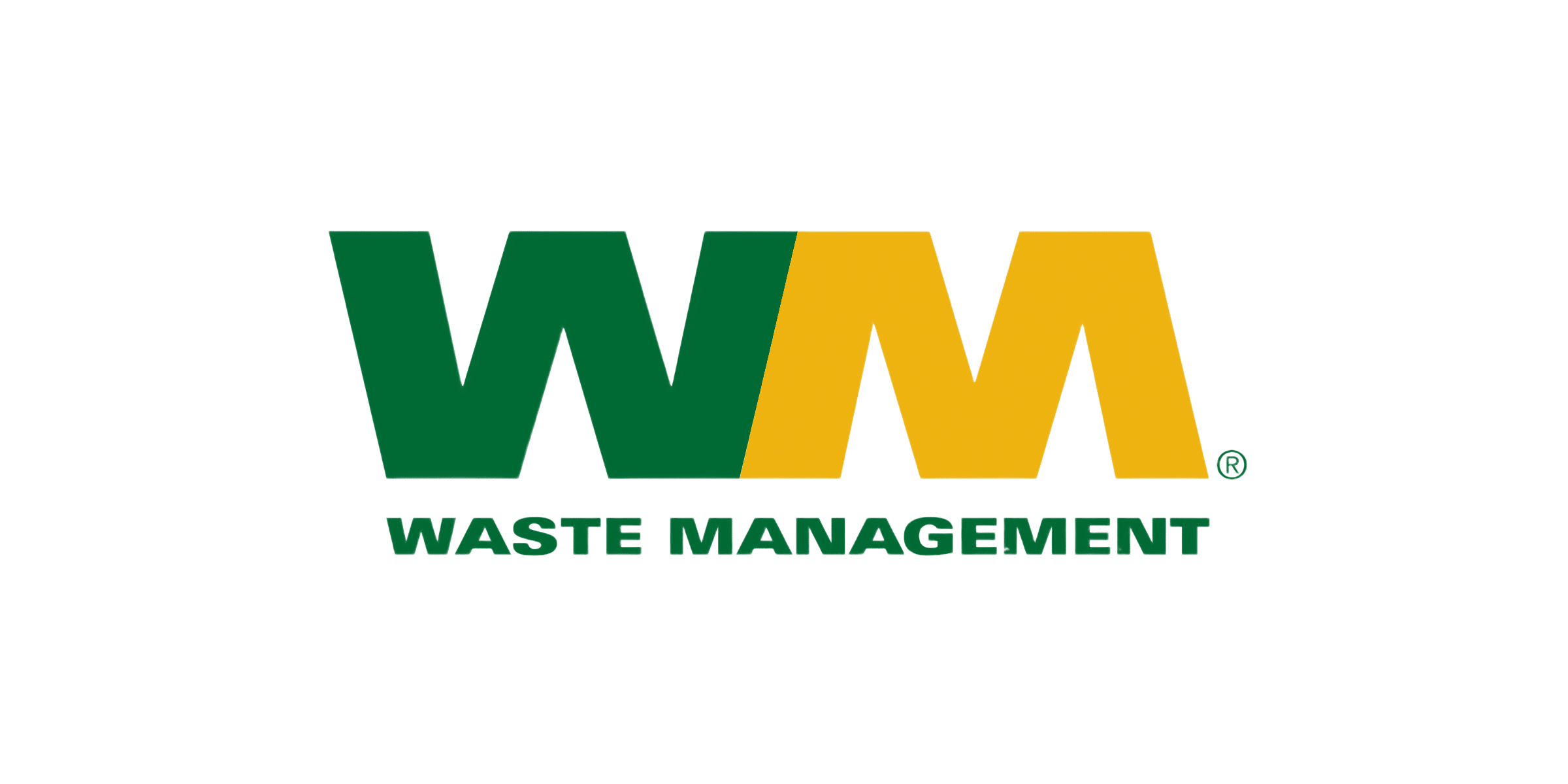
Introduction
In an era of rapid technological advancements, even the way we fuel our vehicles has transformed. The debate between traditional gas stations and innovative mobile fuel delivery services has gained traction. As a consumer, making the right choice requires understanding the benefits and drawbacks of each option. In this article, we compare traditional gas stations and mobile fuel delivery services, shedding light on various aspects that can influence your decision. When it comes to filling up our vehicles we have two choices: the conventional gas stations or the convenience of mobile fuel delivery services. Each option has its pros and cons. Let’s explore them further to assist you in making an informed decision.
Traditional Gas Stations:
For decades traditional gas stations have played a role in the driving experience. They provide a familiar option for refueling your vehicle or your fleet. The following are some relevant facts to consider.
- Convenient Locations: Gas stations are situated along roads making it easy to locate one when you’re running low on fuel or need to fill up before a shift.
- Quick Refueling: On most occasions, you can visit a gas station and get in and out quickly with delay. However, this can be impacted by busy times of the day and location.
- Additional Services: Many gas stations offer amenities such as car washes, convenience stores, and automotive supplies.
However, there are some drawbacks to traditional gas stations to consider:
- Wait Times: During certain times of the day, gas stations can become crowded which results in high wait times. This means customers have to wait in long queues until a pump is free for their use. This can have a huge impact on fleet customers for whom time is money and spending valuable time in gas stations is a waste of the same.
- Price Fluctuations: Gas prices can show variations on the same day and are significantly different when crossing state boundaries. Such fluctuations can alter the budgets and create a disparity in spending. Again, for bigger fleets, even slight deviations can lead to losses or mismanagement.
- Inconvenience: Making a stop at a gas station requires deviating from your intended route, which may not be ideal if you’re on a schedule. It is extremely inconvenient to go off your way, looking for a gas station. Moreover, sometimes the gas stations are far away from the way which also becomes a hassle.
- Wasted Resources: Commuting to and from gas stations particularly when residing on the outskirts can lead to the squandering of resources such as time and fuel, in the term. The accumulation of wastage becomes increasingly noticeable over a period. For businesses involved in transportation or related fields, this inefficient utilization of resources stands out conspicuously.
Mobile Fuel Delivery Services: Convenience on Wheels
Mobile fuel delivery services are an innovative solution designed to save time and offer convenience. Here’s what you need to know about this innovative option:
- On-Demand Fueling: Mobile fuel delivery services bring the fuel directly to your location, whether you’re at home, work, or elsewhere. With just a request made on the website or an app, you can ensure that your fleet is refueled and ready to go.
- Time-Saving: Say goodbye to detours; fuel comes to you, eliminating the need to visit a gas station, the gas station comes to you. Save on fuel wasted on detours made for refueling and see a visible difference with all the detour costs saved, piled up.
- Scheduled Deliveries: Some services offer subscription models, ensuring you never run out of fuel by delivering it on a regular schedule. In such a model, you can schedule a time for refueling and tune out the worry about refueling completely.
- Contactless Transactions: In an age of digital transactions, mobile fuel delivery services offer a seamless and contactless payment process. You can make prepaid or on-demand payments via the app itself and stop worrying about cash altogether.
Considerations to Keep in Mind
Service Coverage: Mobile fuel delivery services might not be available in all areas, especially in remote locations.
Planning: While scheduled deliveries are convenient, you’ll need to plan to ensure someone is present to receive the fuel.
Conclusion
When it comes to choosing between gas stations and mobile fuel delivery services the decision really depends on what matters to you. If you value convenience and saving time above all else then mobile fuel delivery services might be the fit for you. On the other hand, if you enjoy the aspects of going to a gas station sticking with the traditional route might be more suitable. It’s important to consider the advantages and disadvantages based on your personal needs and preferences to make a decision that aligns well with your lifestyle.
Ultimately whether you go for the familiarity of gas stations or embrace the convenience of mobile fuel delivery the ultimate goal remains unchanged, keeping your vehicle running efficiently.







